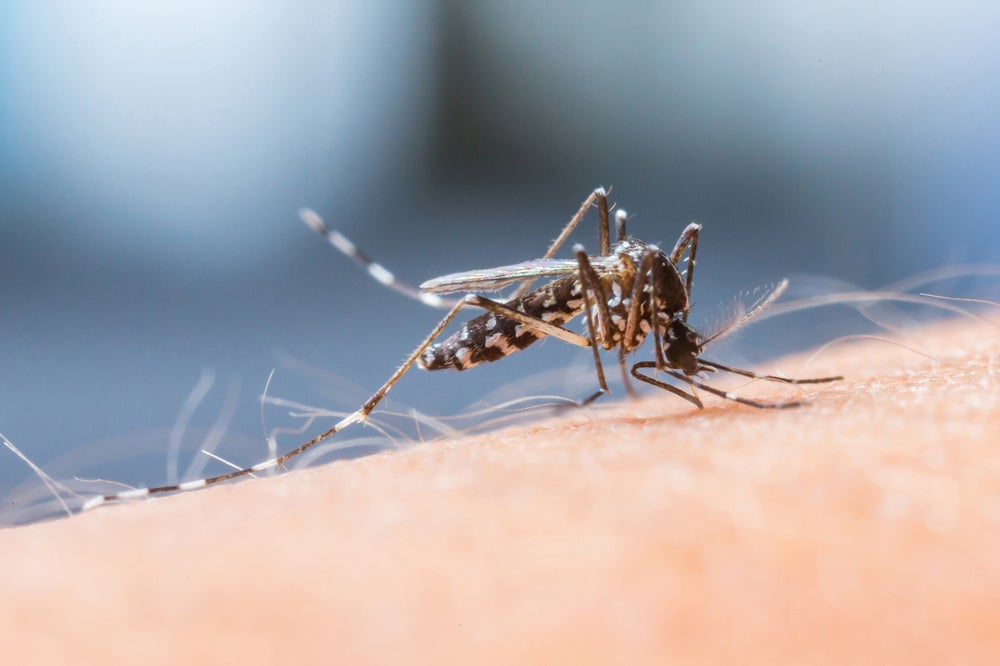Dengue is one of the most widespread mosquito-borne illnesses in the world. It is transmitted by the Aedes aegypti mosquito, which is abundant in highly urbanised areas across tropical and temperate regions. Previous mitigation efforts have focused on vector control but have shown little effect in maintaining low mosquito populations and preventing dengue outbreaks.
These programmes have failed at least in part because dengue transmission varies across relatively small territories. As a result, there is a focus on developing techniques to identify hotspots of transmission at an increasingly fine scale to target vector-control efforts.
A study recently published in Nature Scientific Reports by Leandro and colleagues focused on the spatial dynamics of dengue transmission in the region of Foz de Iguaçu in Brazil. The 13-month period during the SARS-Cov-2 pandemic created a reduction in human mobility and an increase in social isolation across the 73 urban areas enrolled in this study.
During this time, 1,992 cases of dengue were reported and subsequently included in this study. This allowed researchers to investigate spatiotemporal associations between the transmission of dengue in children and entomological information about the mosquitos that spread dengue. Transmission in children was measured as new cases of dengue and entomological information was quantified by the trapping and counting of mosquitos across the city.
There was significant seasonal variation observed – expected with dengue – and higher mosquito infestation in the warmer months. Strong large-scale spatial structuring was observed in dengue cases, meaning cases were more likely to be spatially close to other cases, as is expected with vector-borne infectious diseases. Unexpectedly, however, there was a negative correlation observed between dengue transmission and the observed density of adult mosquitos. This disconnect between mosquito density and transmission of dengue data suggests factors other than human mobility, such as vegetation coverage or water distribution, may significantly impact dengue transmission.
According to GlobalData, cases of dengue fever across six major markets (6MM: Australia, Brazil, India, Mexico, Singapore and Thailand) have increased from 290,000 incident cases in 2013 to more than 340,000 in 2023. More than 200,000 of these cases were in Brazil. This is expected to continue to increase as climate change creates more favourable conditions for mosquitos to proliferate. This study highlights the need for further research to better understand the transmission mechanics behind this disease. By better understanding transmission, mitigation efforts can be more specifically targeted for maximum impact. This will lead to a decrease in incident cases of dengue fever and lower associated healthcare burden, morbidity and mortality.

US Tariffs are shifting - will you react or anticipate?
Don’t let policy changes catch you off guard. Stay proactive with real-time data and expert analysis.
By GlobalData





